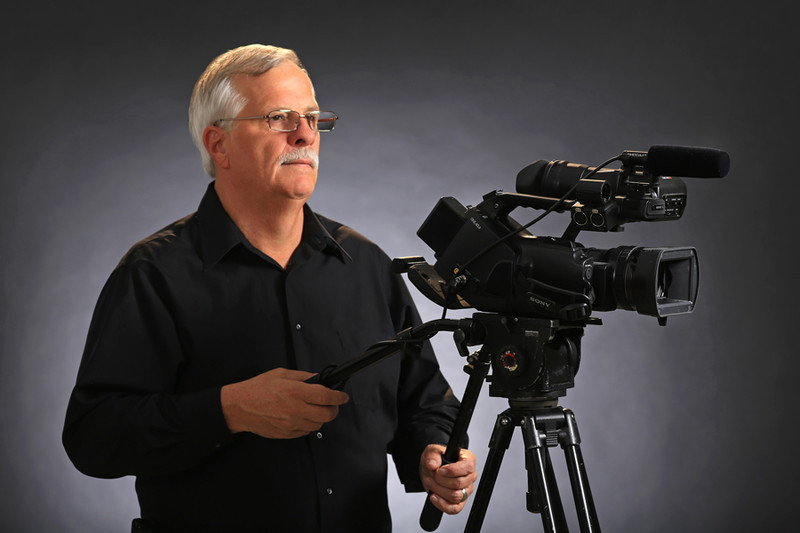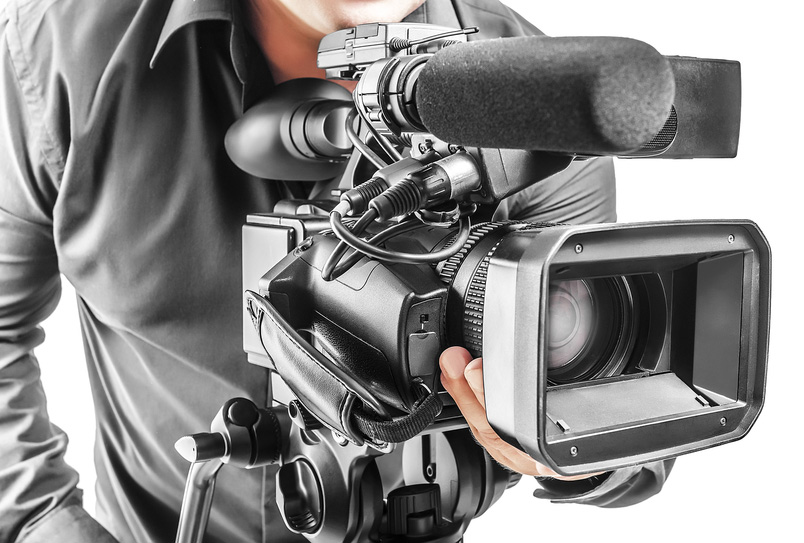Precision-Based Legal Videography for Detailed Evidence Filming.
The Duty of Lawful Videography in Depositions and Trials
Lawful videography has actually emerged as a necessary device in both depositions and tests, offering a multifaceted technique to recording witness testaments. As lawful professionals increasingly identify its worth, it triggers a much deeper exam of exactly how these aesthetic documents can influence juror assumptions and test results.
Importance of Lawful Videography
Lawful videography plays a crucial function in the documents and presentation of depositions and trials. This customized area integrates technological abilities with lawful knowledge to produce a trusted record of process that can substantially influence instance results. The visual aspect of lawful videography boosts the understanding of witness testament, enabling jurors and courts to observe not only the talked words however likewise the disposition, emotions, and body language of the witnesses.

The value of legal videography prolongs beyond the court; it additionally plays an essential duty in maintaining evidence for future reference, whether for charms or more legal action. Thus, its integration into the lawful procedure is vital for making sure a reasonable and precise depiction of the truths, eventually adding to the search of justice.

Refine of Legal Videography
While recording the subtleties of depositions and tests, the procedure of lawful videography entails a number of essential steps that guarantee top notch, exact recordings. An expert legal videographer prepares by assessing the case products and comprehending the specific needs of the deposition or test. This preparation includes acquainting themselves with the individuals and the context, which helps in capturing relevant information.
On the day of the recording, the videographer establishes up the required tools, which generally consists of high-def electronic cameras, microphones, and appropriate lighting. Making certain ideal angles and audio top quality is crucial, as it straight affects the effectiveness of the recording. The videographer connects with lawyers and participants to develop protocols, guaranteeing that everybody recognizes the recording procedure.
During the deposition or test, the videographer thoroughly records the procedures, paying very close attention to both spoken and non-verbal signs. legal videography. This includes recording the behavior and reactions of witnesses and lawyers. After the session concludes, the videographer might edit the video footage for clarity and compliance with legal criteria, producing a final product that precisely reflects the process for future recommendation and use in legal contexts
Advantages in Depositions
The incorporation of videography in depositions supplies numerous advantages that enhance the overall procedure of gathering proof. One key advantage is the ability to catch witness testaments with visual and auditory integrity, giving a much more accurate representation of the witness's disposition, tone, and body language. This multidimensional method allows attorneys and juries to analyze reliability better than conventional written transcripts alone.
In addition, videographed depositions function as a powerful visit this page tool for protecting testimony. Needs to a witness come to be unavailable for trial, their taped deposition can be played in court, making certain that their proof stays obtainable and relevant. This aspect considerably minimizes the danger of losing vital information that might impact case results.
Moreover, using legal videography promotes much better preparation for attorneys. Evaluating video footage allows legal teams to analyze and improve their techniques, recognizing toughness and weak points in their instances. This primary benefit can result in even more compelling discussions in court.
Finally, videography improves the overall expertise of the deposition process, instilling confidence in clients concerning the thoroughness of their legal depiction. By leveraging modern technology, lawful experts can considerably improve the performance of depositions.
Effect on Trials
In many trials, the combination of videography can significantly affect the discussion of evidence and the court's assumption. Legal videography captures witness testimonies and critical proof in a dynamic format, permitting jurors to engage with the material on numerous levels. This visual part enhances the narration element of a trial, providing context and psychological resonance that conventional text-based evidence might do not have.
Additionally, video recordings can act as effective devices for impeachment during interrogation. When discrepancies emerge between a witness's previous statements and their court room statement, video proof provides an unbiased recommendation that can persuade jurors' point of views. This immediacy and clearness can strengthen the credibility of a party's narrative while at the same time undermining opposing disagreements.
Furthermore, making use of videography can assist simplify complex details, making it extra easily accessible to jurors that may have a hard time to grasp complex details offered exclusively with spoken testimony. By integrating visuals with acoustic info, lawful videography can boost retention and understanding, inevitably influencing the court's decision-making process. The impact of videography in tests prolongs beyond plain appearances; it plays a vital function in forming the lawful landscape and end results.
Future Trends in Legal Videography
As we look toward the future of lawful videography, numerous arising trends promise to reshape its function within the courtroom. One considerable trend is the combination of fabricated intelligence (AI) in video evaluation and editing and enhancing - legal videography. AI can streamline the process of identifying essential moments in taped depositions, enabling lawyers to promptly access pertinent content, thus enhancing performance in case prep work
In addition, the surge of online truth (VR) and increased fact (AR) modern technologies is anticipated to change how jurors experience proof. By immersing jurors in a simulated setting, these innovations can provide a much more extensive understanding of intricate situations, causing more informed deliberations.

Moreover, the visit our website raising need for remote depositions, increased by the COVID-19 pandemic, will likely proceed. Legal videographers will need to adapt to new software program and systems to make sure top quality recordings in digital settings.
Finally, the expanding emphasis on information protection will certainly Going Here require stricter protocols for storing and sharing video clip proof. As the lawful landscape develops, lawful videographers need to stay abreast of these trends to keep their relevance and effectiveness in the judicial procedure.

Final Thought
In recap, legal videography serves an important function in the judicial process, boosting the honesty of depositions and trials. As innovation continues to evolve, lawful videography is poised to more change its function within the legal landscape.